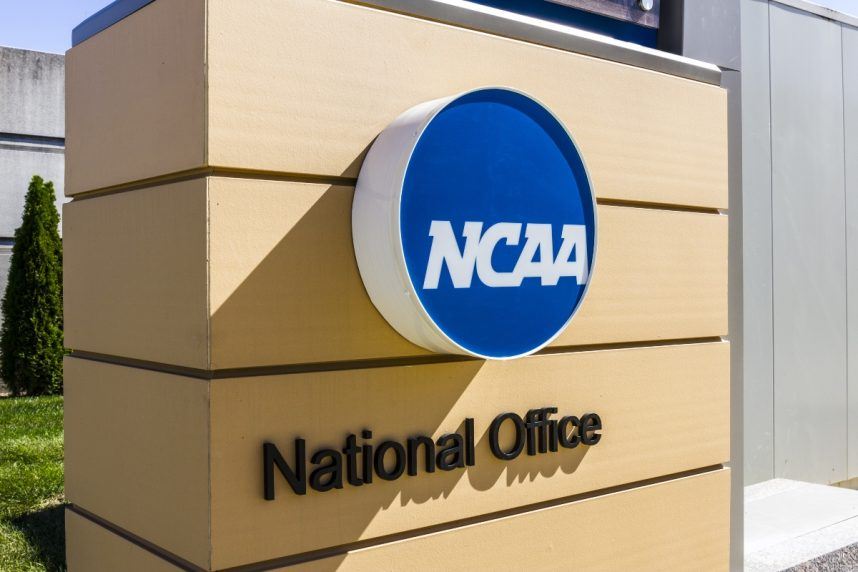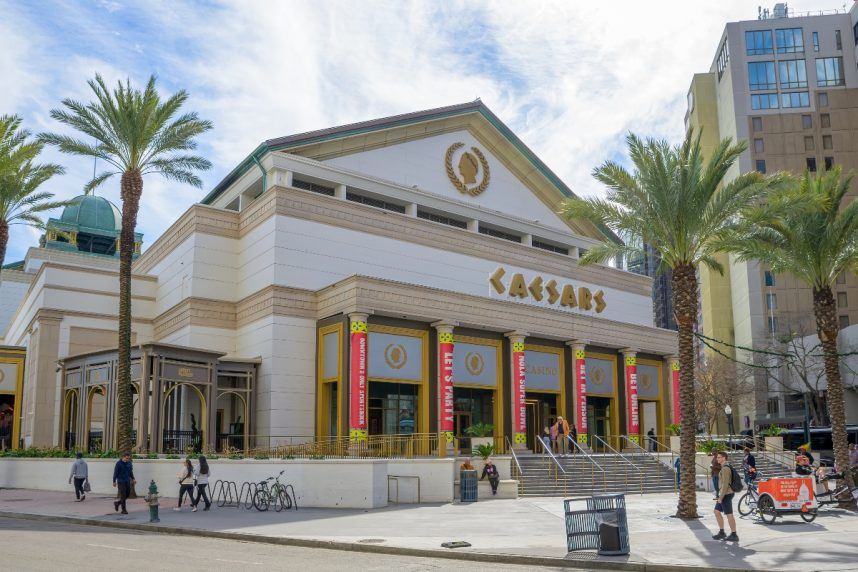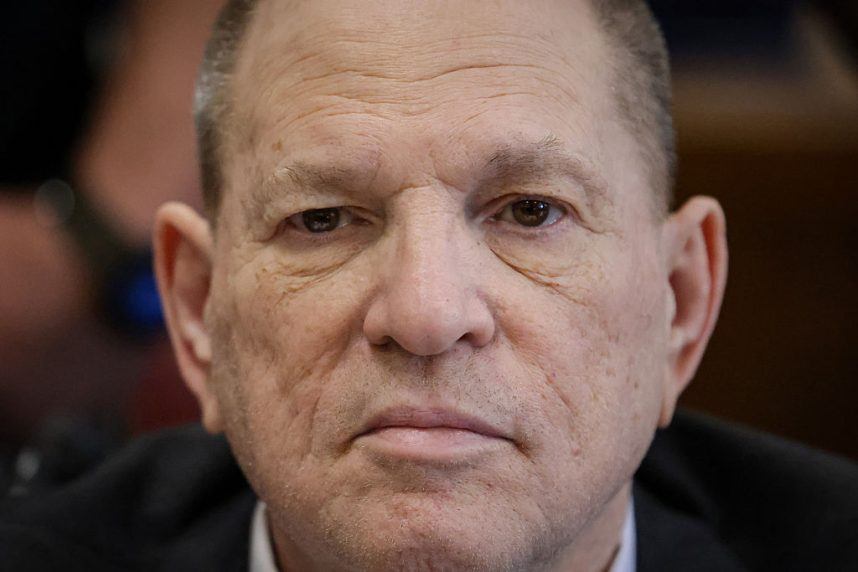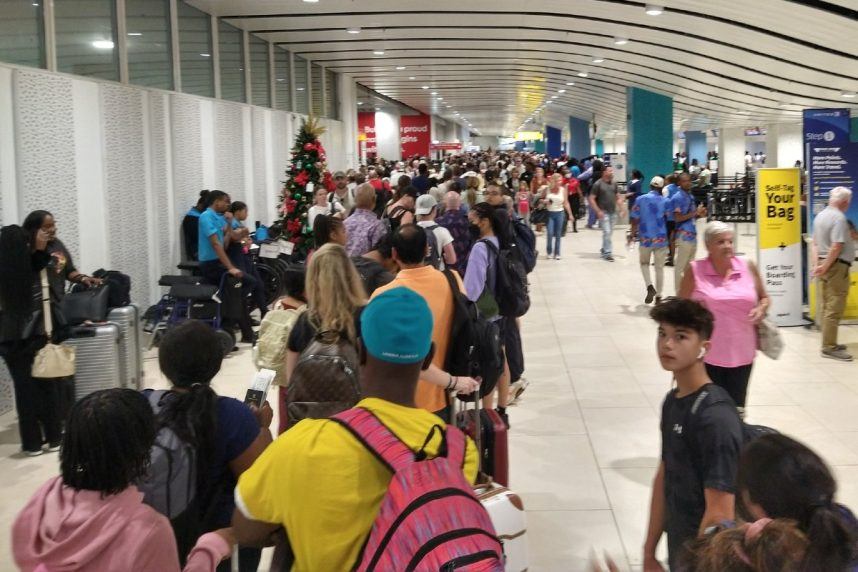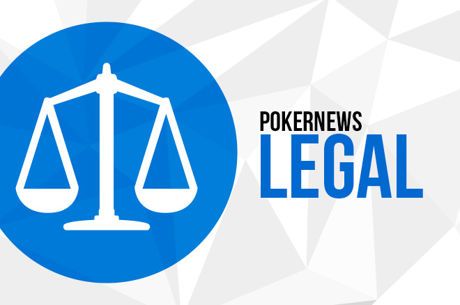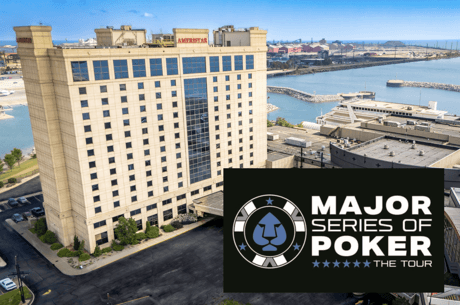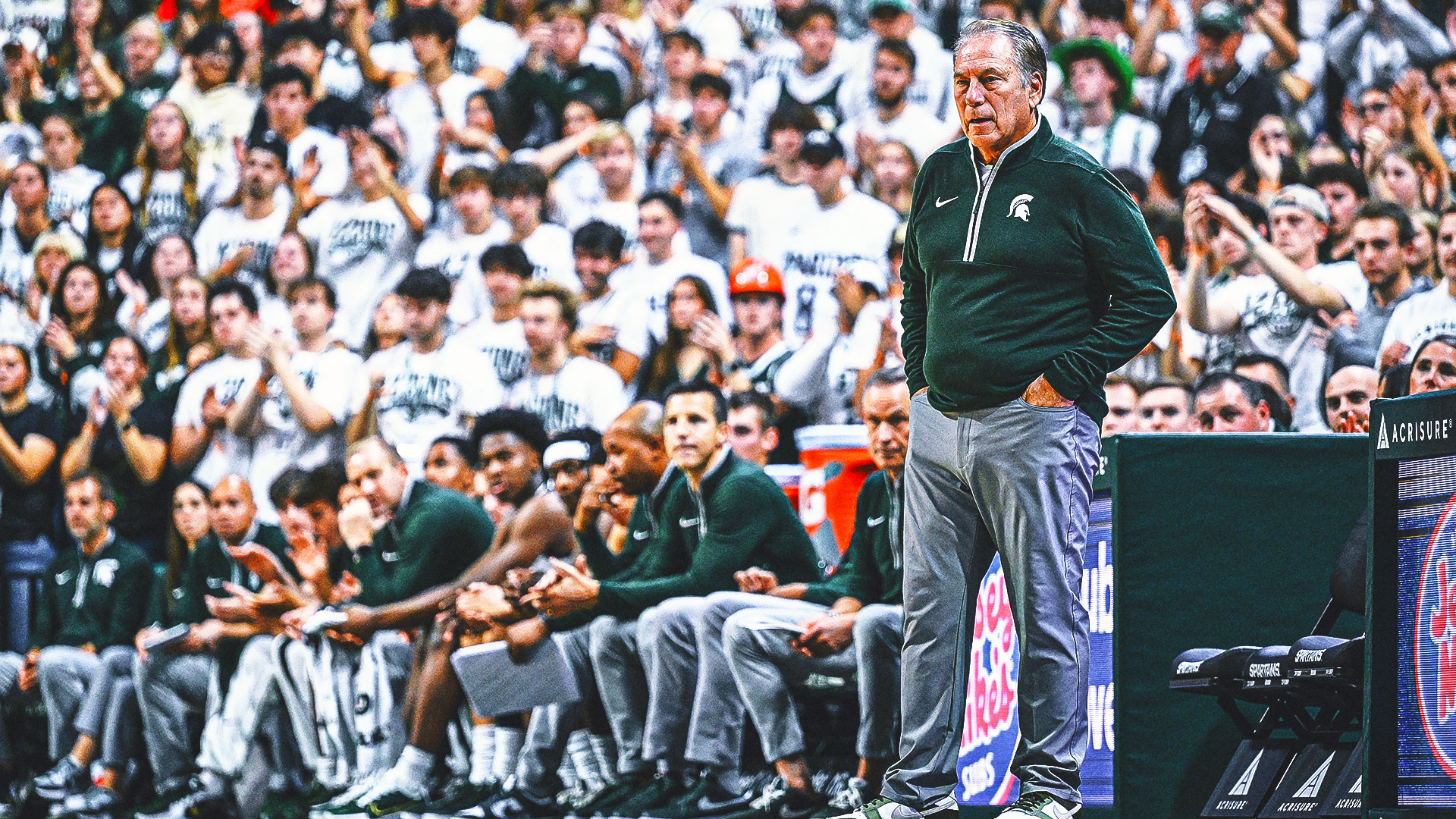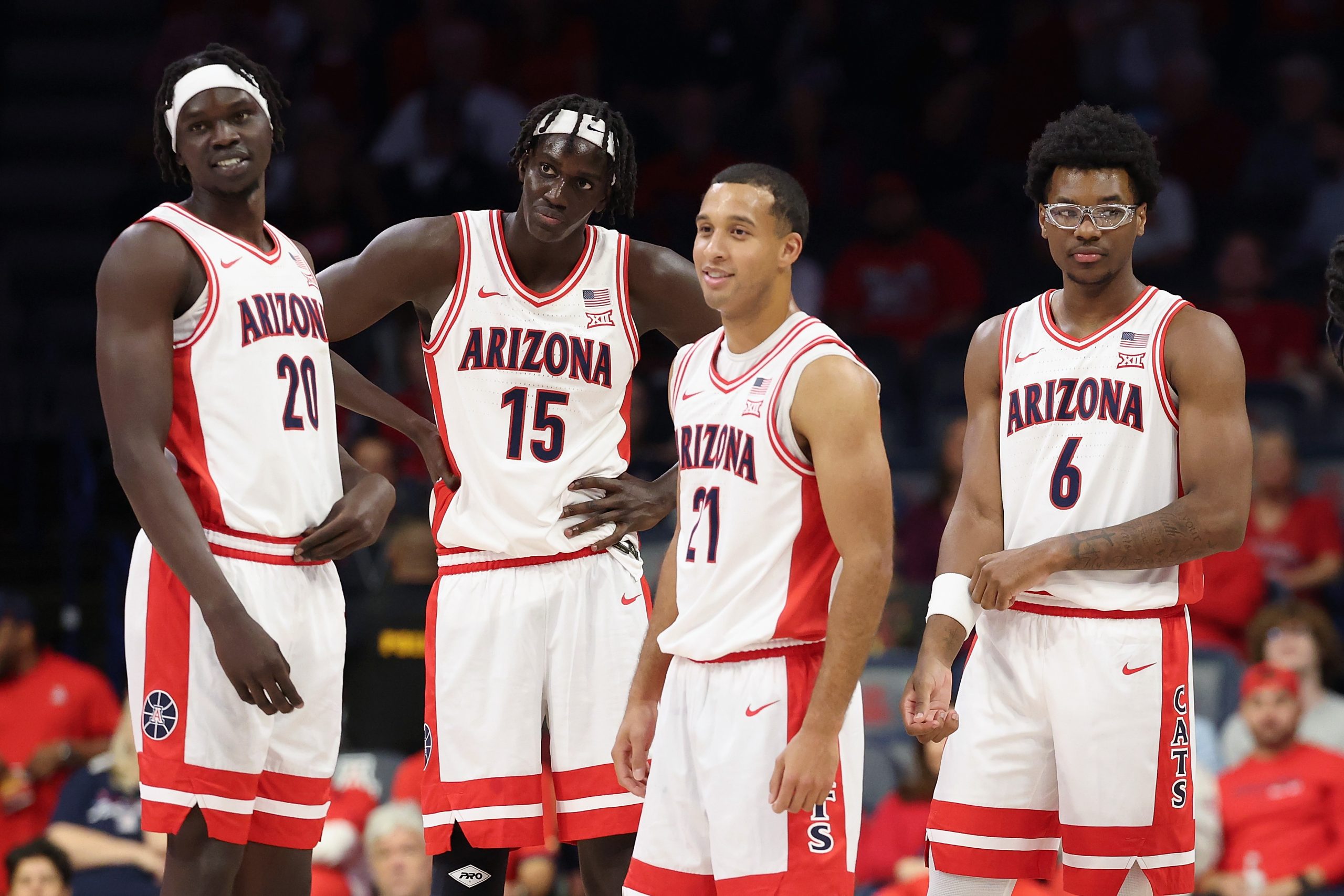Despite notching a recent victory in court, California’s cardrooms and some of their most popular games remain under threat from a forthcoming appeal by the state’s gaming tribes as well as pending potential new regulations from the state that encroach on the same issues being litigated.
On Oct. 10, the cardrooms celebrated when a Sacramento Superior Court judge dismissed a tribal lawsuit challenging their right to offer versions of games like blackjack and baccarat, although the cardrooms acknowledged the win could be short lived with an appeal promised. California’s Indian Country was given a one-time opportunity to sue the cardrooms when the legislature passed SB 549 last fall.
While they await the tribes’ next move, the cardrooms shifted their defense to pending regulations from the California Department of Justice’s Bureau of Gaming Control, which could undermine the games they offer in the same or almost the same way as the lawsuit, even if the appeal fails.
On Oct. 20, an estimated 150 people protested outside of California Attorney General Rob Bonta’s Los Angeles office, urging him not to move forward with proposed regulations for blackjack-style games in cardrooms and the operations of third-party proposition players or TPPPs, which are special, licensed businesses in the state that help cardrooms offer their alternate versions of games that traditionally pit gamblers against the house, otherwise known as banked games.
“Protect our jobs. Protect our communities. Don’t take away our city’s lifeline,” said Shavon Moore-Cage, the political advocate and past vice president of the American Federation of State County and Municipal Employees Local 36 in Los Angeles, in a press release about the protest.
Economically dependent communities
Government workers care about the future of the cardrooms and their games because California cities like Bell Gardens, Commerce, Compton, Gardena, and Hawaiian Gardens depend upon them for budget revenue. Combined, the proposed regulations would not only ban cardrooms from offering the current versions of popular games, but also dramatically change the way TPPPs operate within cardrooms, which would further curtail the games offered.
The state’s own economic assessment of the proposed changes found that they could result in the loss of hundreds of millions of dollars in revenue for cities as well as hundreds of jobs in California’s cardroom/TPPP sector, which was estimated in 2019 to have a total annual economic impact of $5.6 billion annually.
The potential impact is so great because the two proposals combined would force cardrooms to dramatically remake themselves, without some of their most popular games and with new rules that would severely undercut TPPPs’ ability to facilitate them.
The regulations have been in the works since 2023. Back then, cardroom lobbyist Jarhett Blonien described the proposed changes in almost almost apocalyptic terms, calling them “an existential threat to cardrooms.”
The Bureau of Gambling Control (BGC) originally posted the proposed regulations in February of this year, then withdrew them, then reposted them on April 11, starting the clock on the formal rulemaking process after a lengthy discussion when the proposals were in the draft phase two years prior. The bureau held hearings on the two proposed regulations in late May 2025, when it also closed the window for receiving written comments on the plans.
In a statement to Casino Reports, the state DOJ’s press office said that the department “is currently reviewing the public comments.”
“Under the Administrative Procedure Act, the rulemaking must be completed within one year from the date of notice publication” on April 11, said the press office. “Beyond that, as this rulemaking process remains ongoing, we are unable to comment.”
Use of ’21’ and ‘blackjack’ would be banned
The proposed blackjack-style game regulations would significantly limit the type of blackjack-style games cardrooms could offer. It would remove busting from the game, where a dealer loses if their points exceed 21. In fact, the regulations would also bar cardrooms from offering versions of blackjack where the target points equal 21. The games in cardrooms couldn’t include the words “21” or “blackjack.”
Meanwhile, the proposed TPPP regulation calls for the role of the house or bank to be offered to every player at a quasi-banked table game before every hand and stipulates that “[t]he player-dealer position shall rotate to at least two players other than the TPPPS every 40 minutes or the game shall end.”
In two lengthy joint letters with exhibits, both dated May 29, the California Gaming Association and the California Cardroom Alliance, both representing cardrooms, and the Communities for California Cardrooms, advocating for cardroom jobs, argue that the bureau should not proceed with either proposal.
“The Bureau has for many years approved offer-only player-dealer games for play in licensed cardrooms because those games are legal under California law. Nothing in the Proposal offers any reason to believe otherwise,” the organizations said in both letters, written on the letterhead of the law firm Munger, Tolles & Olson, which is representing the cardrooms in its court case with the tribes.
The TPPPs proposal, they argue, “plainly conflicts with the governing statutes and settled judicial precedent interpreting it,” while the blackjack proposal “plainly conflicts with settled judicial precedent and the Bureau’s own interpretation” of state law “dating back 120 years.”
California’s gaming tribes, on the other hand, argue that changes are desperately needed to ensure that the cardrooms are operating according to state law, but the proposals don’t go far enough. Under the Indian Gaming Regulatory Act (IGRA) in conjunction with compacts with the state, the tribes have exclusivity for Class III gaming in California. That includes house-banked card games.
In a May 27 letter, James Siva, president of the California Nations Indian Gaming Association (CNIGA), argues for more “stringent regulation” of TPPPs finances and says that the blackjack regulations should be entirely reconsidered because they are “unduly complicated with too many potential ways around the restrictions.”
“CNIGA appreciates the effort that went into developing the proposed regulations,” Siva wrote. “While both should be improved significantly, we commend the effort to finally address the lack of clarity about the games permitted at California cardrooms, which has resulted in widespread illegal gaming.”
California’s gaming tribes have been feuding with the cardrooms over the games they offer for years but didn’t have a clear path forward to adjudicate the issue until recently.
A fight years in the making
SB 549 by former state Sen. Josh Newman and signed by Gov. Gavin Newsom in September 2024 sought to settle this long-running dispute once and for all by giving California’s gaming tribes special standing in court to sue cardrooms over the games they offer.
Proposition 1A, the ballot measure approved by voters in 2000 authorizing tribal gaming in California, gives Native American casinos the exclusive right in the Golden State to offer banked games like blackjack and baccarat, where gamblers wager against the house.
State law also explicitly bans cardrooms from offering banked games in a throwback to the Gold Rush era when legislators were worried miners on the frontier would get hustled. While cardrooms evolved from saloons to glitzy casinos, they long were restricted to offering games like poker, where gamblers wager against each other.
In late 2007, however, an obscure state official named Bob Lytle reinterpreted state law, opening the door for cardrooms to offer variations of traditionally banked games. Today, thanks to both repeated approvals by state regulators and special licensed entities known as TPPPs that work symbiotically with cardrooms, alternate versions of banked games like blackjack and baccarat are offered off reservation in California cardrooms.
The tribes say this blatantly flies in the face of the will of the people and tried to stop the cardrooms in court. But judges previously ruled that as sovereign nations they lacked standing to bring a lawsuit in state court to challenge the legality of the cardrooms’ games. SB 549 tried to rectify that by granting the tribes special, one-time access to state court to sue over just this specific issue.
The bill’s passage was both a testament to the political power of the tribes, who stymied in dramatic fashion a well-funded attempt by major sportsbooks to legalize sports gambling in California in 2022, and state politicians’ apparent reluctance to choose a side in the dispute. Cardrooms support several communities across the state. If they lose the ability to offer their popular variations of banked games, they say they may go out of business, sending those communities into economic distress.
The tribes, meanwhile, are also deeply skeptical of state gaming regulators, in part because immediately after Lytle offered his reinterpretation of the law he went to work for cardrooms, then got into so much trouble with state regulators he relinquished his state gaming license and agreed to a lifetime ban from California gaming activities. There is no debate that the alternate games the tribes question have been previously approved by state regulators, a point that the cardrooms insist makes the whole dispute moot.
High stakes battle
For both parties, the fight is personal and urgent. The tribes feel disrespected and believe they must defend their dominion over the California gaming market to ensure the survival of their communities. The cardrooms, likewise, believe their survival is on the line.
In October 2025, Sacramento Superior Court Judge Lauri Damrell dismissed the tribes’ suit against the cardrooms, arguing that IGRA preempted the intentions of the legislature and governor. At the time, she acknowledged her ruling “may be wrong,” reflecting the maddening complexity of the legal issues involved.
Both sides have engaged lawyers from top law firms — the tribes are using Keker, Van Nest & Peters — who have expounded on esoteric legal arguments in court filings and verbal arguments delving into the intricacies of IGRA, breach of contract claims, and due process rights. Indeed, Damrell as a judge specializes in complex civil cases, although this one is unique with dozens of deep-pocketed plaintiffs and defendants who comprise most of the major players in California’s legal gambling market.
The tribes have not yet filed an appeal, but the two sides are scheduled to meet again before Damrell on Nov. 14 for a case management conference.

 3 hours ago
16
3 hours ago
16


